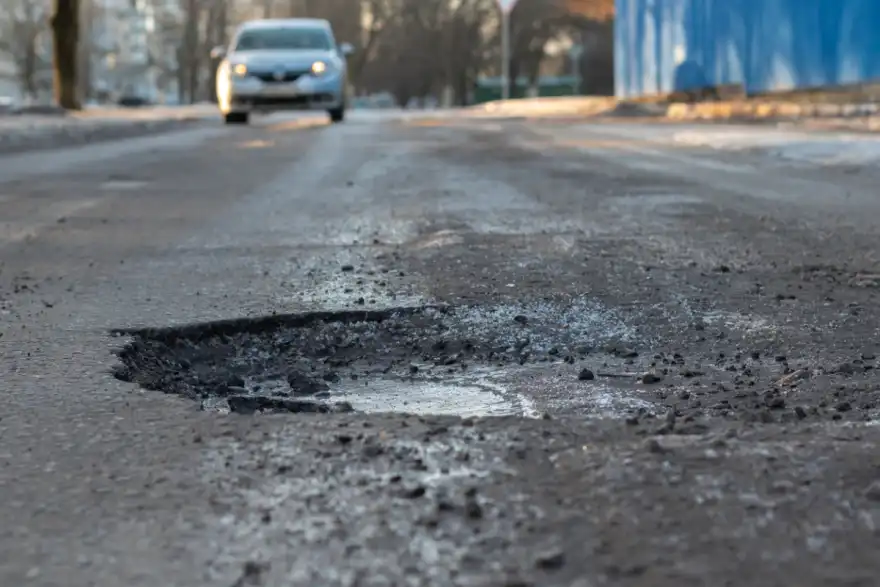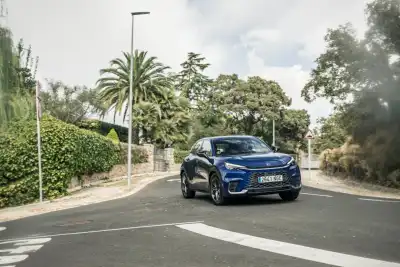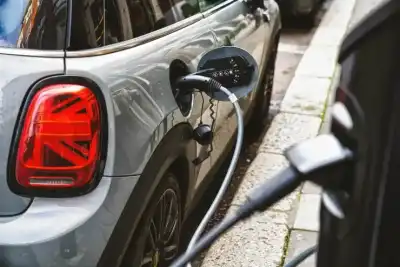
Potholes are a nightmare for UK drivers, and with the repair bill hitting a staggering £16 billion, it feels like a losing battle. But what if roads could fix themselves? Scientists from King’s College London and Swansea University—alongside a team in Chile—think they’ve cracked it with self-healing asphalt.
This next-gen asphalt is made from biomass and infused with tiny porous materials called spores. When cracks start to form, these spores release recycled oil, triggering a natural healing process similar to how skin heals after a cut. Lab tests show it can fully mend small cracks within an hour—no roadwork crews required.
Google Cloud’s AI played a major role in the research, helping scientists analyse how bitumen (the sticky part of asphalt) oxidizes and cracks over time. The result? A smarter, more durable road surface that could cut down on costly repairs and reduce reliance on fossil fuels.
Dr. Francisco Martin-Martinez from King’s College London explains:"When a tree or animal is cut, their wounds naturally heal over time, using their own biology.
"Creating asphalt that can heal itself will increase the durability of roads and reduce the need for people to fill in potholes."
This isn’t the only AI solution aiming to fix the UK’s crumbling roads. The Government recently announced a £7 million investment in AI-powered pothole detection, using machine learning to predict road damage before it happens. Some councils, like Surrey County Council, are already testing dashcam-based AI to spot potholes in real-time.
But are drivers convinced? According to an Auto Express survey, only 46% of motorists support AI-driven pothole detection, with 26% actively opposing it. Many just want the Government to focus on fixing existing potholes rather than predicting future ones
While AI-powered detection still has sceptics, self-healing asphalt could be a game-changer. If this tech rolls out nationwide, we could see smoother, longer-lasting roads—and maybe even an end to the dreaded pothole problem. Would you trust AI-built roads to fix themselves?



